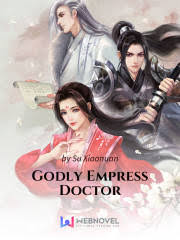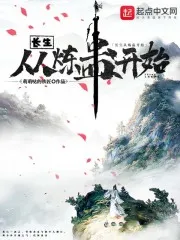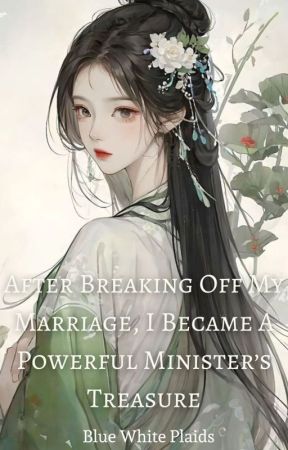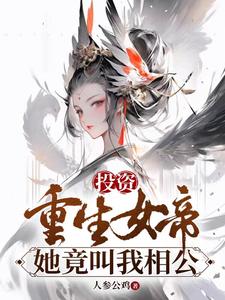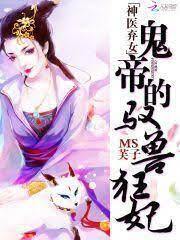The Story in 3 Sentences
A modern genius assassin, Feng Wu, is reborn into a young girl whose divine Phoenix Blood was stolen, forcing her to claw her way back from disgrace and powerlessness in a ruthless cultivation world.
Her path collides with Jun Linyuan, the cunning and arrogant Crown Prince, sparking a volatile game of rivalry and reluctant alliance that escalates from petty squabbles to world-shaking confrontations.
She ultimately defies fate itself, mastering medicine and martial arts to reclaim her stolen power, dismantle her enemies’ empires, and forge her own legend as a sovereign force, leaving behind the shadow of betrayal.
Why It Stands Out
1. The Unapologetic Phoenix Reborn
Feng Wu isn’t a damsel waiting for rescue; she’s a storm wrapped in human skin. Her modern assassin’s pragmatism clashes gloriously with the ancient world’s rigid hierarchies. She poisons, schemes, and fights with a ferocity that’s both terrifying and exhilarating, turning every slight into fuel for her ascent. Her journey isn’t about finding love first—it’s about reclaiming self, making her victories feel earned and deeply personal.
2. Romance as a Battlefield of Wills
Forget gentle courtship. The dynamic between Feng Wu and Jun Linyuan is a high-stakes duel of intellect, power, and stubborn pride. He’s possessive and manipulative, she’s fiercely independent and distrustful. Their “romance” is a slow-burn explosion of friction, where affection is shown through challenges and reluctant protection, not sweet nothings. This adversarial tension, stretching over thousands of chapters, creates a uniquely addictive push-pull that defines the novel’s core appeal.
3. A World Built on Relentless Escalation
From the claustrophobic politics of the Feng family compound to continent-spanning tournaments and battles for imperial thrones, the stakes never plateau. Just as Feng Wu masters one realm, a greater threat emerges. The sheer scale of her journey—from a powerless child to a figure challenging emperors—provides an epic, satisfying arc of growth that keeps readers hooked through the immense chapter count, promising constant new heights of power and peril.
Characters That Leave a Mark
There’s Zuo Qingluan – the childhood friend turned bitter rival, whose envy over Feng Wu’s lost Phoenix Blood curdles into a lifelong vendetta, making her a persistent thorn embodying the pettiness and jealousy of the cultivation world.
You’ll meet Duan Chaoge, who stands as Feng Wu’s fiercely loyal, hot-headed best friend, a whirlwind of crass humor and violent protectiveness whose unwavering support provides crucial emotional grounding amidst the chaos.
And Feng Xun? They’re the one who serves as Feng Wu’s devoted, sometimes infuriatingly optimistic, younger brother, whose blind faith in her “kindness” offers a touching counterpoint to her often ruthless exterior, anchoring her to her family roots.
The Flaws Fans Debate
The pacing is glacial, with Feng Wu remaining chronologically young for an excessive number of chapters, making the initial arcs feel drawn-out.
The male lead, Jun Linyuan, is often criticized as being too possessive, hypocritical, and borderline abusive in his early interactions, which can be deeply off-putting for many readers.
The plot relies heavily on repetitive structures, introducing new enemies and tournaments in a cyclical pattern that can feel formulaic and predictable over its 4000+ chapters.
Must-Experience Arcs
Ch. 1–200: The Phoenix Blood Betrayal – Witness Feng Wu’s brutal fall from grace as Zuo Qingluan steals her divine blood, setting the stage for her rebirth and igniting her burning quest for vengeance and restoration.
Ch. 1400–1600: The Senal Grassland Gambit – Follow Feng Wu as she navigates treacherous political landscapes and dangerous wilds, using her medical genius and cunning to outmaneuver rivals and protect her allies during a critical expedition.
Ch. 4000–4257: The Final Ascent and Emperor’s Fall – Experience the climax as Feng Wu, now a peerless powerhouse, confronts her ultimate enemies in decisive battles, shatters empires, and secures her hard-won sovereignty, culminating in the resolution of her epic journey.
Killer Quotes
“I would rather die myself than have my impeccable, beautiful master harmed!”
“They say that fate determined our incarnation and that having a good father was better than anything. Feng Wu would proudly disagree.”
“Feng Wu has made a breakthrough against all odds!”
Cultural Impact
The novel’s immense length and slow-burn romance have become memes within the xianxia community, often cited as the epitome of endurance reading.
Feng Wu is celebrated in fan circles as a quintessential “strong female lead” who prioritizes her own power and goals, inspiring countless discussions and fan art.
Its popularity led to a live-action drama adaptation, “Dance of the Phoenix,” which further boosted its recognition and introduced the story to a broader, non-novel-reading audience.
Final Verdict
Start Here If You Want:
A cathartic power fantasy where the underdog claws her way to the absolute top through sheer grit and genius.
A romance that’s more about clashing titans and slow-burn tension than sweet affection.
An epic, sprawling world where the scale of adventure and cultivation constantly expands, promising endless new challenges.
Study If You Love:
Analyzing the evolution of the “strong female protagonist” trope in modern xianxia, particularly the blend of modern sensibilities with ancient settings.
The narrative techniques used to sustain reader engagement over an exceptionally long serialized format.
The complex, often problematic, dynamics of adversarial romance and how it drives character development in popular fiction.
Avoid If You Prefer:
Fast-paced plots with quick resolutions and minimal filler.
Romantic leads who are immediately kind, respectful, and emotionally available.
Stories with tight, concise narratives under a thousand chapters, as this novel’s length and pacing are its most defining, and potentially divisive, features.
